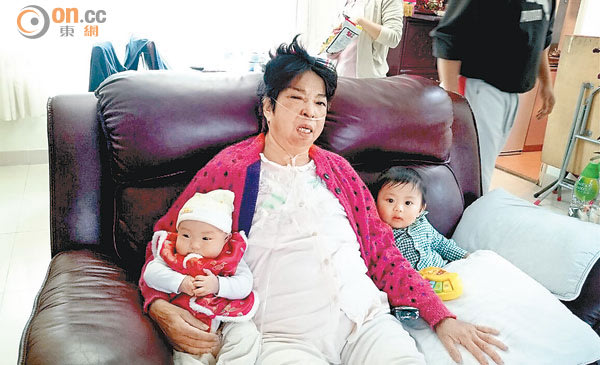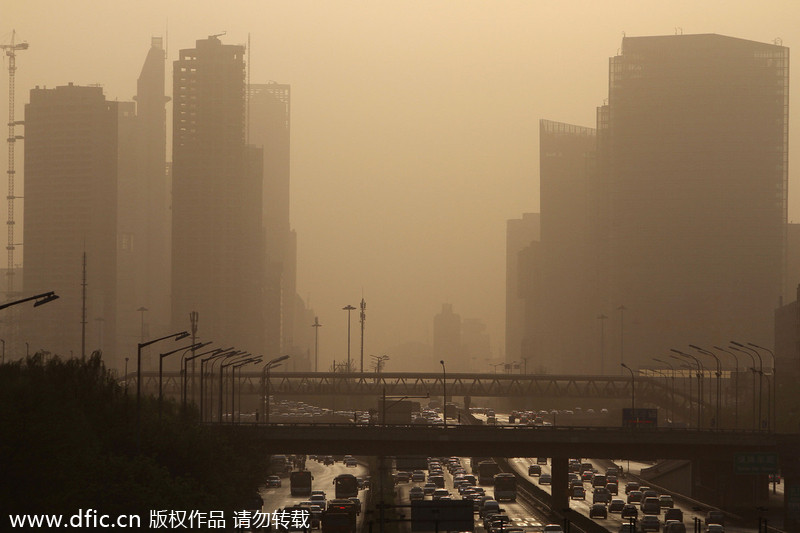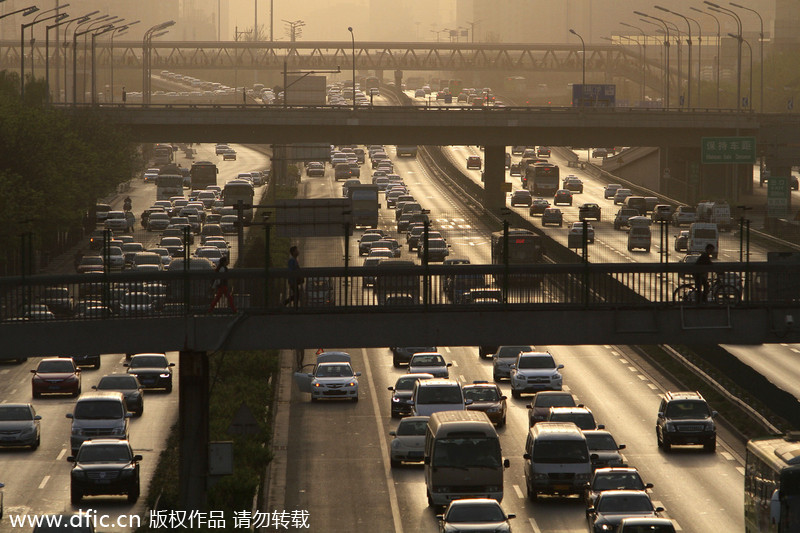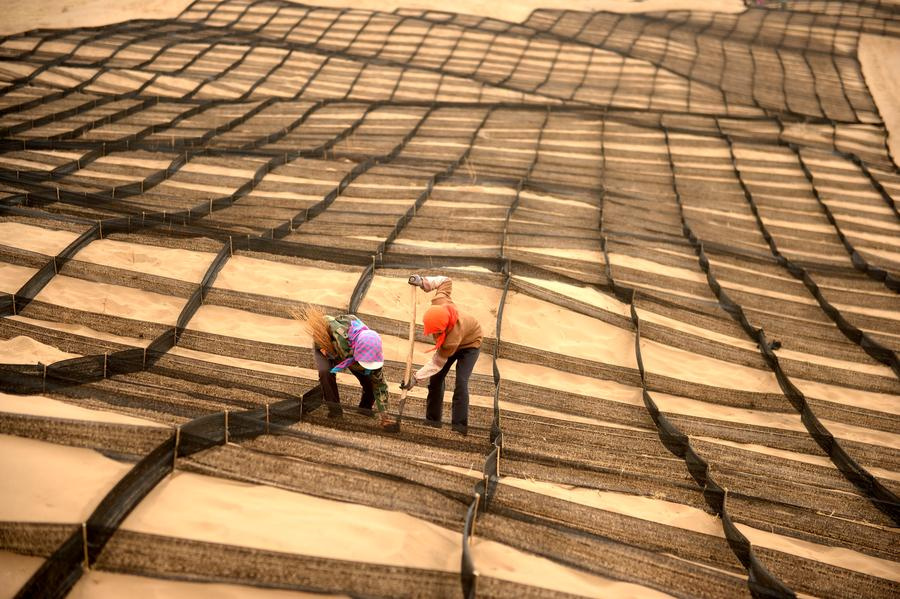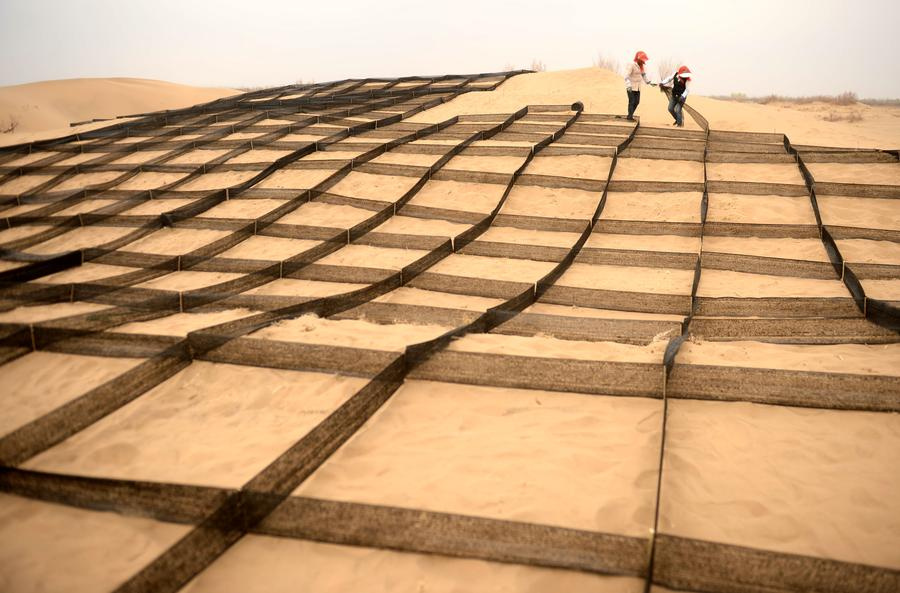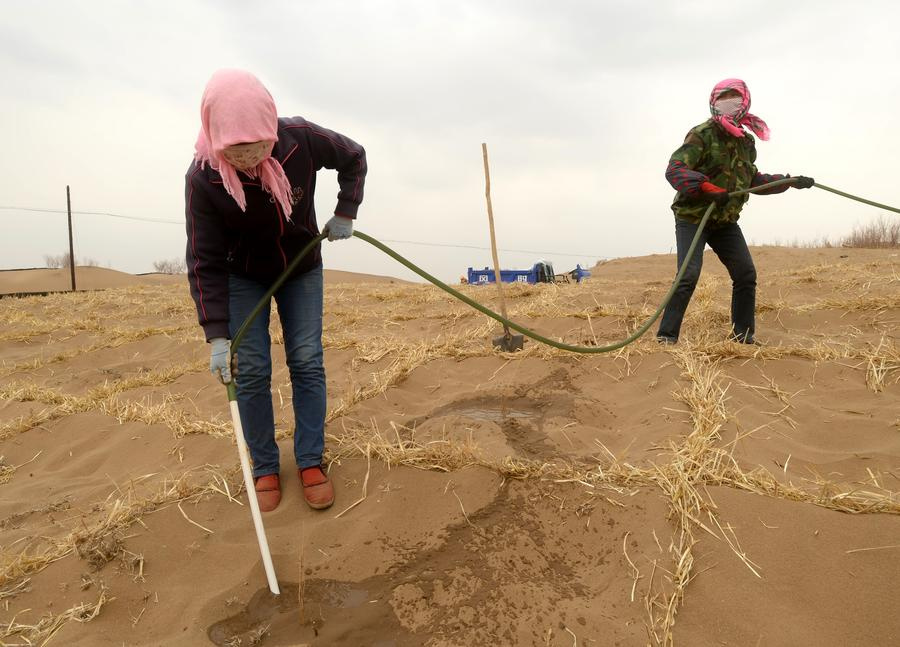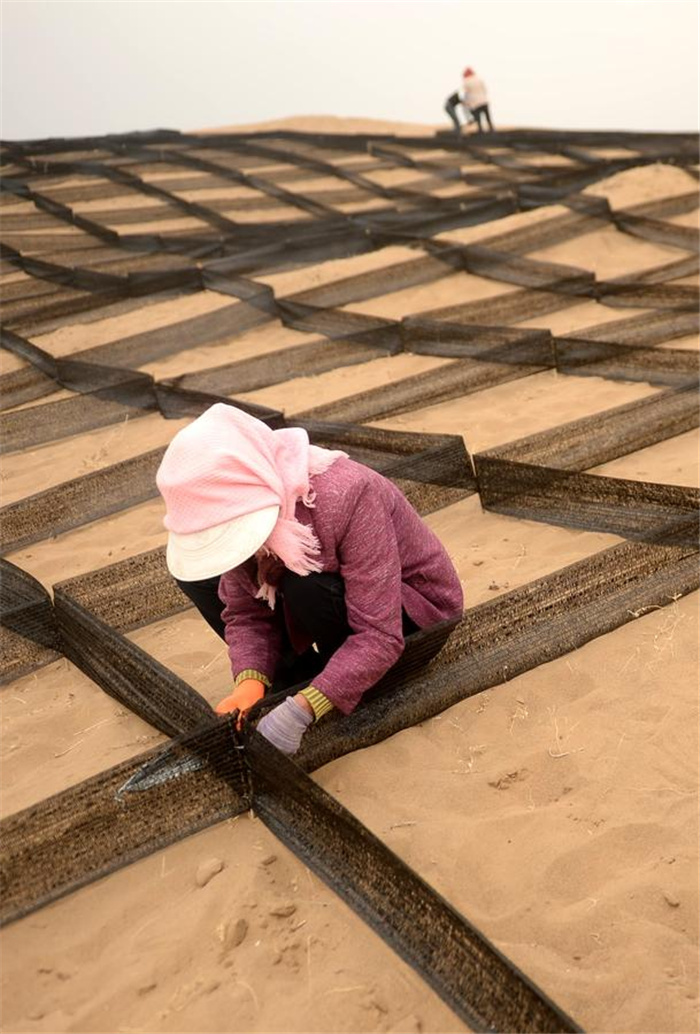 The student protesters say they want to protect Taiwan's future and have their voices heard
The student protesters say they want to protect Taiwan's future and have their voices heard
The unprecedented student occupation of Taiwan's parliament this month, to oppose the government's attempt to pass a controversial trade agreement with China, is not just a one-off protest.
It is part of a wave of citizen campaigns that have shaken Taiwanese society. At their core are young people disillusioned by both the ruling and opposition parties.
In recent years there have been several similar campaigns, albeit less dramatic.
These include one that successfully pressured the government to turn down construction of a petrochemical plant, a 100,000-strong protest over the death of a conscript mistreated in boot camp, and continuing opposition to the construction of a fourth nuclear power plant.
The movements are spread largely by grassroots groups and social media. The participants tend to be ordinary people who want their voices heard, and want to protect Taiwan's future.
 Protesters have been occupying Taiwan's parliament for almost two weeks
Protesters have been occupying Taiwan's parliament for almost two weeks
Rising young democrats
Accounting student Charlies Liu, who skipped class and drove up to Taipei from Taichung city to join the student protest, echoed the views of many.
"I'm against the government carrying out behind-the-doors negotiations with China," Mr Liu said.
Continue reading the main story
What triggered the protests?
- The immediate trigger was a trade deal that will allow Beijing and Taipei to invest more freely in each other's services markets
- Protesters say the deal will hurt Taiwan's economy and leave it vulnerable to pressure from Beijing, but Taipei says it will benefit Taiwan's economy
- The trade deal was signed last June but it has not yet been ratified by MPs
- Protests began early last week after ruling party MPs said a joint committee had completed a review of the deal
- Students first broke into the Taiwanese legislature last Tuesday and have since defied police efforts to evict them
- Police clashed with more student protesters who occupied government headquarters on Monday
- Almost 60 people were arrested and more than 100 were hurt
"You can't just force the agreements through. They involve the people. They will affect our generation. I'm worried many things are decided by the government, not the people."
Although the students are too young to have lived through the White Terror period of martial law, political suppression and lack of press and other freedoms, they are aware that Taiwan's democracy was hard won and that people power helped bring about legislative elections in the 1980s and the first presidential election in the 1990s.
Along with posting pictures ridiculing President Ma Ying-jeou, the students have put on the wall of the parliament chamber pictures of the previous generation of Taiwan's democracy activists.
They believe it is now up to them to protect Taiwan's democracy.
"In the past, our young people are not active in politics because their parents told them to just quietly go about your studies, because the parents lived through the 228 Incident [a 1947 massacre and political suppression]," said Shane Lee, a political science professor at Chang Jung Christian University.
Continue reading the main story
“Start Quote
The students form a big chunk of the electorate - the parties have to open their minds to the young people”
Shane LeePolitical science professor
"But now the students, through their education or through the free flow of information, tell their parents that 'because you were so afraid of politics, that's why you have suffered what you have suffered. Because we know what's going on, we take matters into our own hands.' "
Over the nearly two-week protest, the students are no longer just asking for the government to cancel the agreement and do a thorough review.
They are insisting the two parties work constructively together to pass a law to supervise all future negotiations with Beijing and not sign any more agreements until such a law is passed.
The question is whether the political power-holders will heed the students' calls. Analysts say both parties risk alienating young people if they do not.
"The students form a big chunk of the electorate. The parties have to open their minds to the young people. They will have to really seriously deal with this situation," Prof Lee said.
 Experts say the students today are more politically aware than in the past
Experts say the students today are more politically aware than in the past
Shining example
Mr Ma - who has long touted Taiwan's democracy as a shining example in Asia - has said a supervision mechanism already exists, as many of the agreements signed with China need to be ratified by parliament.
But the ruling Kuomintang party controls a majority of the legislative seats and the president controls the ruling party. The students and others in Taiwan are uncomfortable with this set-up.
The opposition Democratic Progressive Party finds itself sidelined. It has been criticised for unhelpful tactics - criticising without taking constructive action and seizing the podium, which have led to Taiwan's infamous parliament scuffles.
The students, meanwhile, seem organised and determined.
In a statement, they said: "We will not waver. Against an undemocratic and autocratic government, we stand strong and we stand united."
It is safe to assume that Beijing, which still claims the island as a province to be reunified one day, is watching nervously.
If the students succeed, it could mean a further democratisation of Taiwan, with additional safeguards to let the people, not any political party, decide the fate of the island.


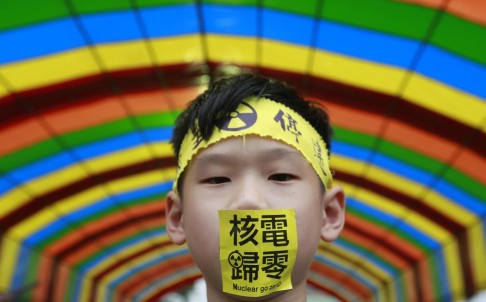
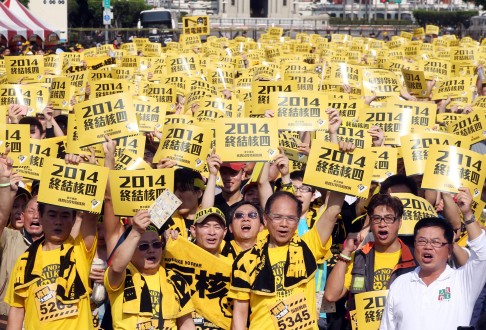
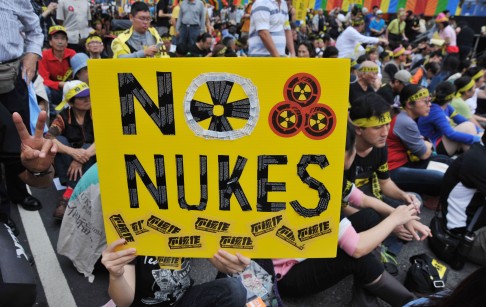

 The decision was made during a three-hour meeting with 15 ruling Kuomintang (KMT) mayors and magistrates to build consensus and find effective ways to address the issue.
The decision was made during a three-hour meeting with 15 ruling Kuomintang (KMT) mayors and magistrates to build consensus and find effective ways to address the issue.














